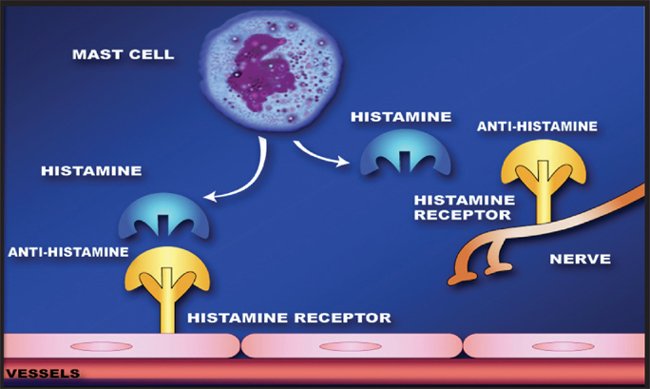Table of Contents (click to expand)
Sleeping pills work by impacting the nervous system to either promote drowsiness or by directly binding with GABA receptors to cause sleepiness or relaxation. There are different types of sleeping pills that work in different ways, but they all generally work by affecting the brain in some way to promote sleep.
In a bid to stay on top of the competitiveness and challenges of modern life, we often tend to ignore our own health. Among all the things that are negatively impacted in the process, sleep probably takes the worst hit. Even when one actively tries to catch some shut-eye, they simply can’t fall asleep!
Since sleeping is so essential for the human body to function properly, people resort to sleeping pills to catch some sleep. So, what is it that makes sleeping pills so effective in making people fall asleep?
Sleeping pills (or sleeping aids) can be roughly classified into two categories: milder ones that promote drowsiness and stronger drugs that are specifically designed as sleeping aids. Irrespective of which category sleeping pills belong to, all of them affect the working of the brain to promote/trigger sleepiness.
Mild Sleeping Pills
These are the pills that are not specifically designed for inducing drowsiness in an individual, but do so as a side effect, thereby making themselves common options as mild sleeping aids. These over-the-counter pills are usually antihistamines that make us drowsy by blocking histamine, a neurotransmitter that moves through our neurons. Mild sleeping pills are very common drugs that are usually taken to deal with allergy symptoms. A number of mild sleeping aids, including Nytol, Sominex and Excedrin PM, contain diphenhydramine.

Such mild sleeping drugs can be used by people who suffer from mild or infrequent insomnia. Still, these should be avoided, if possible, because they also have certain side effects, such as unwanted drowsiness the next day, muscle ache, headache and difficult concentrating.
Also Read: Why Does Sleeping Even For A Few Minutes Make You More Attentive?
Prescription Drugs
Milder forms of insomnia can be treated using over-the-counter sleeping pills; one should, however, avoid taking mild sleeping pills if they suffer from chronic insomnia, as they don’t do much good.
Most prescription drugs that are used to alleviate persistent insomnia directly affect the function of the nervous system. These pills work by binding GABA receptors – a group of receptors in the brains of humans that respond to GABA, a neurotransmitter primarily responsible for inhibiting the function of the nervous system, thus stimulating drowsiness or relaxation and causing sleep.
Some sleep aid medications that work faster and are more selective in their action only target specific GABA receptors for better, safer results. Some of the commonly used selective GABA medications include Lunesta (eszopiclone) and Ambien (zolpidem tartrate).
These pills also come with side effects, including behavioral changes before sleep, a decrease in overall sleep quality, and in some cases, even hallucinations!
A New Type Of Sleeping Pills
Due to the side effects that both mild and prescription drugs incur, a new type of prescription drugs has come about. Aptly named ‘sleep-wake cycle modifiers’, these drug influence your natural body clock, i.e. the circadian rhythm that promotes relaxation and sleep.
The circadian rhythm of our bodies is partially controlled by a small section of your brain called the hypothalamus. Ramelteon (Rozerem), the only medicine in this category, exclusively binds with melatonin receptors present in that area and induce sleep by tweaking the natural sleep-wake cycle. This medication proves to be quite effective against insomnia, especially for people who tend to sleep during the day. Although it has fewer side effects than traditional sleeping pills, as it only impacts a very small, limited area of the brain, it can also cause psychological dependence in individuals, just like any other sleeping drug.
All in all, sleep medication of any kind is not healthy, as it can lead to a number of unwanted symptoms, and side effects, and also cause dependence. Therefore, the best and the most healthy way to go about inducing and improving the quality of sleep you get is to eat healthy, avoid stress, and yes…

Also Read: Why Do We Sometimes Feel Tired All Day, But Wired At Night?
How well do you understand the article above!

References (click to expand)
- Sleeping Pills: What You Need to Know - WebMD. WebMD
- Prescription sleeping pills: What's right for you? - Mayo Clinic. The Mayo Clinic
- How do sleeping pills work? | SiOWfa15 - Sites at Penn State. The Pennsylvania State University
- Oswald, I., & Priest, R. G. (1965, November 6). Five Weeks to Escape the Sleeping-pill Habit. Bmj. BMJ.
